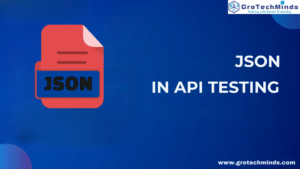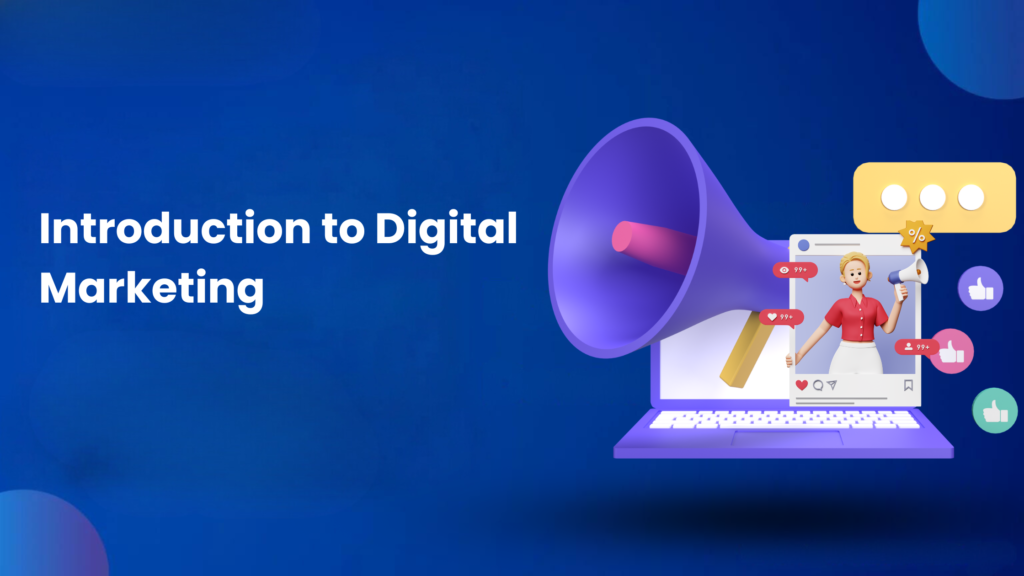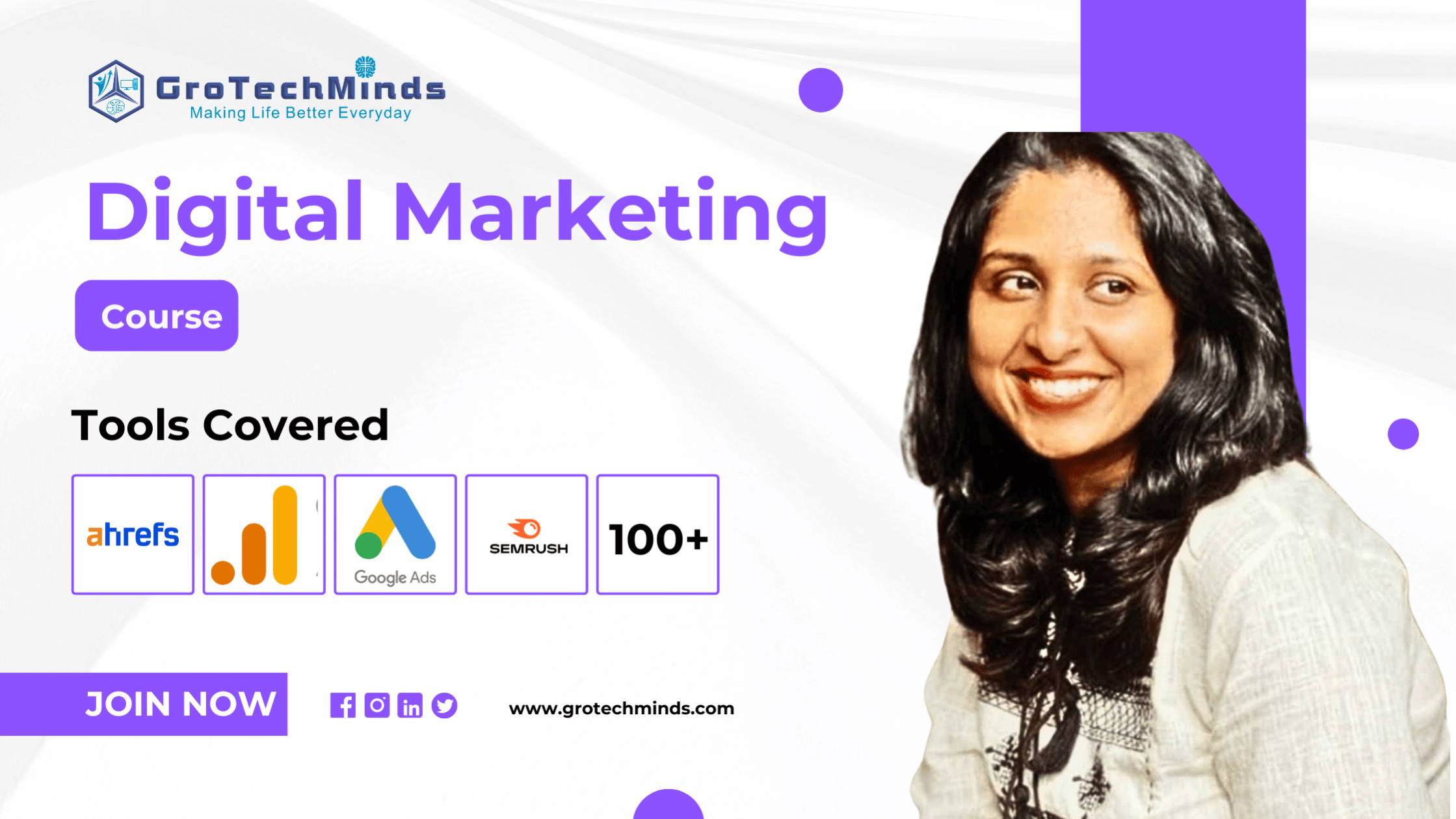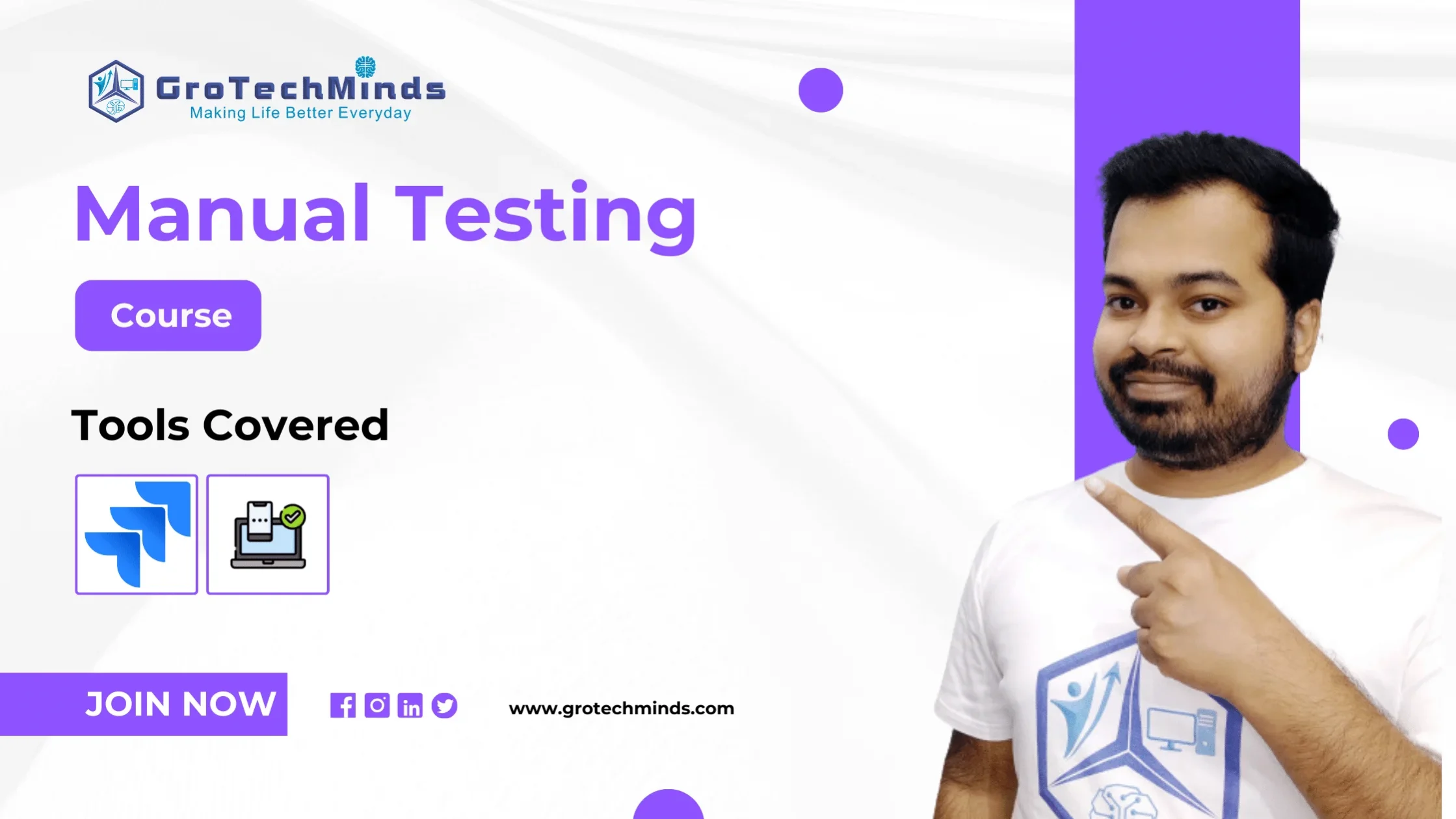

Introduction to Digital Marketing
Digital marketing has become an integral part of businesses’ overall marketing strategy in today’s highly connected world. With the rise of technology and the internet, digital marketing allows businesses to reach their target audience more effectively and connect with potential customers on various digital platforms. In this section, we will explore the definition of digital marketing and discuss its importance in today’s business landscape.
Digital marketing refers to the use of digital technologies and platforms to promote products and services, connect with potential customers, and build relationships. It Includes various online advertising channels such as social media, search engine optimization (SEO), email marketing, mobile marketing, and more. Digital marketing allows businesses to leverage the power of the internet to reach a wider audience and engage with them through personalised messaging.
In today’s digital age, consumers are spending more time online than ever before. They are actively searching for information, products, and services online. By utilising digital marketing strategies, businesses can effectively target these consumers and capture their attention. Here are some key reasons why digital marketing is important:
Greater reach: Digital marketing allows businesses to reach a global audience without geographical limitations. With the internet connecting people from all over the world, businesses can expand their reach beyond their local market.
Improved targeting: Digital marketing strategies enable businesses to target specific demographics, interests, behaviours, and preferences of their ideal customers. This targeted approach ensures that businesses are reaching the right audience at the right time.
Personalised messaging: Digital marketing enables businesses to personalise their messaging based on customer data and preferences. By delivering relevant content and offers to individual customers, businesses can create more meaningful connections and drive engagement.
Better ROI: Compared to traditional forms of advertising, digital marketing offers a better return on investment (ROI). Businesses can track and measure the performance of their digital marketing campaigns in real-time, allowing them to optimise their strategies and allocate resources more effectively.Digital marketing has revolutionised the way businesses promote their products and connect with customers. It offers numerous benefits such as increased brand awareness, engagement, loyalty, ROI, sales, and profits. As technology continues to evolve, digital marketing will continue to be a crucial component of businesses’ overall marketing strategy.
Overview of Various Digital Marketing Channels
Pay-Per-Click (PPC): This model allows advertisers to pay a fee each time one of their ads is clicked. Search engine advertising is one of the most popular forms of PPC.
Affiliate Marketing: In this channel, businesses reward one or more affiliates for each visitor or customer brought by the affiliate’s own marketing efforts.
Native Advertising: This type of advertising matches the form and function of the platform upon which it appears. It’s often found in social media feeds or as recommended content on a web page.
Influencer Marketing: Businesses collaborate with influential people on social media platforms to promote their products or services.
Each digital marketing channel offers unique opportunities and challenges for businesses looking to reach their target audience. Understanding the key concepts and strategies behind these channels is crucial for creating effective and impactful digital marketing campaigns.
Developing a successful digital marketing strategy involves a series of deliberate steps and the implementation of best practices to ensure effective online marketing tactics. Here are the key talking points to consider:
Clearly outline the specific goals and objectives you aim to achieve through your digital marketing efforts. Whether it’s increasing brand awareness, driving website traffic, or boosting sales, having a clear direction is crucial.
Conduct comprehensive research to understand your target audience’s preferences, behaviours, and demographics. This will inform the choice of digital channels and content that resonate with your audience.
Identify the most suitable digital channels based on your target audience’s preferences and behaviour. This could include social media platforms, search engines, email marketing, or content platforms.
Develop a robust content strategy that aligns with your digital marketing objectives and resonates with your target audience. This includes creating engaging and valuable content for each selected digital channel.
Implement tools to monitor and analyse the performance of your digital marketing efforts. This data-driven approach allows for continuous optimization and improvement of the strategy.
Consistent Branding: Ensure consistency in branding across all digital channels to maintain a cohesive brand identity.
Personalised Messaging: Leverage customer data to deliver personalised messaging that resonates with individual preferences and behaviours.
Multi-channel Approach: Implement a multi-channel approach to reach customers at various touch points throughout their digital journey.
Agile Optimization: Continuously optimise your online marketing tactics based on real-time data and insights.
By following these steps and best practices, you can develop an effective digital marketing strategy that aligns with your business objectives and resonates with your target audience.
Establishing a strong online presence is crucial in today’s digital landscape. It involves optimising your website for search engines, creating valuable content, and leveraging social media platforms to reach and engage with your target audience. Here are some key points to consider:
SEO plays a vital role in digital marketing as it helps improve your website’s visibility in search engine results. By optimising your website’s content and structure, you can:
- Increase organic traffic
- Attract potential customers who are actively searching for products or services like yours
Content marketing is an integral part of your digital strategy. It involves creating and distributing valuable, relevant, and consistent content to:
- Attract and retain a clearly defined audience
- Establish yourself as a thought leader in your industry
- Build trust with your target audience
Social media has become an essential tool for businesses to connect with their audience and promote their brand. Different social media platforms cater to different demographics and interests, so it’s important to choose the right platforms that align with your target audience. Some popular platforms include:
- Facebook: With over 2 billion monthly active users, Facebook offers a wide reach and diverse targeting options.
- Instagram: Ideal for visual content, Instagram is popular among younger demographics and can be effective for lifestyle brands.
- LinkedIn: A professional networking platform, LinkedIn is great for B2B companies looking to connect with industry professionals.
- Twitter: Known for its real-time updates, Twitter is useful for sharing news, engaging in conversations, and building brand awareness.
By establishing your online presence through SEO, content marketing, and strategic use of social media platforms, you can effectively reach and engage with your target audience. This will not only increase brand visibility but also drive traffic to your website and generate leads for your business.
Setting social media marketing goals and objectives is crucial for a successful digital marketing strategy. By defining clear and measurable goals, such as increasing brand awareness, driving website traffic, or generating leads, you can create targeted content and campaigns that resonate with your audience. Whether it’s growing your follower base, boosting engagement, or driving conversions, setting specific goals will guide your social media efforts and help you measure their impact.
Native advertising plays a vital role in content promotion across various digital channels. Unlike traditional display ads, native ads seamlessly blend into the user’s online experience, delivering valuable content that feels organic and non-disruptive. By integrating native advertising into your content marketing strategy, you can effectively engage your target audience by providing relevant and valuable information while achieving your marketing objectives.
Engaging with your audience on social media and through native advertising allows you to build meaningful connections, reinforce brand messaging, and drive action. Crafting compelling content that aligns with your social media marketing goals and leveraging native advertising can significantly enhance your digital marketing efforts.
Email marketing is a crucial component of digital campaigns, allowing businesses to communicate directly with their target audience. By leveraging automation and personalization techniques, email marketing can be made even more effective in engaging customers and driving conversions.
Time-saving: Marketing automation tools enable businesses to automate repetitive tasks such as sending welcome emails, abandoned cart reminders, and personalised recommendations. This saves time for marketers, allowing them to focus on developing strategies and creating valuable content.
Increased personalization: Automation tools provide the ability to segment email lists based on demographics, behaviour, or interests. This allows for targeted messaging that resonates with specific segments of the audience, leading to higher open rates and click-through rates.
Improved customer experience: Automation tools enable businesses to send timely and relevant emails based on triggers or specific actions taken by customers. This helps create a seamless customer journey and enhances the overall experience.
Streamlined communication: Integrating email marketing with Customer Relationship Management (CRM) systems allows for a more holistic view of customer interactions across various touchpoints. This enables businesses to nurture relationships and build trust through personalised conversations that can lead to increased engagement and loyalty.
Enhanced targeting: By leveraging data from CRM systems, businesses can gain deeper insights into customer preferences, behaviours, and purchase history. This information can be used to segment email lists more effectively and deliver highly targeted content that resonates with individual customers.
Seamless customer journey: Integrating email marketing with CRM systems enables businesses to create a seamless customer journey by automating the delivery of personalised emails at key touchpoints. This helps in guiding customers through the sales funnel, ultimately leading to improved conversion rates.
Leveraging automation tools in email marketing can greatly enhance customer engagement and drive conversions. Email remains a vital channel in digital campaigns due to its direct communication capabilities and high ROI potential. By personalising emails, utilising automation, and integrating email marketing with CRM systems, businesses can deliver targeted and relevant content, resulting in improved customer experiences and better campaign outcomes.
Digital marketing plays a crucial role in brand building and enhancing the customer experience through various digital channels. By leveraging the power of digital marketing, businesses can reach a larger audience, engage with customers on a more personal level, and drive meaningful results. Here are some key takeaways:
Brand Building: Digital marketing allows businesses to establish their brand presence online and create a strong brand identity. Through consistent messaging, compelling content, and engaging social media interactions, companies can build brand awareness and establish themselves as industry leaders.
Customer Experience: Digital marketing enables businesses to deliver personalised experiences to their customers. By utilising data analytics and automation tools, companies can tailor their marketing efforts to individual preferences and behaviours. This creates a more seamless and relevant customer journey, leading to increased satisfaction and loyalty.
Maximising Digital Channels: The wide array of digital marketing channels provides businesses with opportunities to connect with their target audience in various ways. From search engine optimization (SEO) to content marketing to social media advertising, each channel offers unique benefits and strategies for reaching and engaging customers effectively.
Continuous Improvement: Digital marketing allows for constant monitoring and analysis of campaigns. By measuring key performance indicators (KPIs) such as website traffic, conversion rates, and social media engagement, businesses can gain valuable insights into what works and what needs improvement. This data-driven approach enables companies to refine their strategies over time for better results.
In conclusion, digital marketing is an essential component of any successful business strategy in today’s digital landscape. It not only helps build a strong brand but also enhances the overall customer experience through personalised interactions and targeted messaging. By embracing digital marketing techniques and staying up-to-date with industry trends, businesses can stay ahead of the competition and achieve sustainable growth in the digital age.
Also choosing a profession in digital marketing offers plenty of chances for development and achievement. Gaining proficiency in the methods and approaches covered in this blog can help you position yourself as a useful asset in the digital world. Continue to learn and be curious, and don’t be scared to try out new ideas and fashions. You may create the foundation for a fulfilling career in digital marketing with commitment and persistence. So, why do you wait? Today is the perfect time to start your journey towards digital marketing!
Consult Us


















